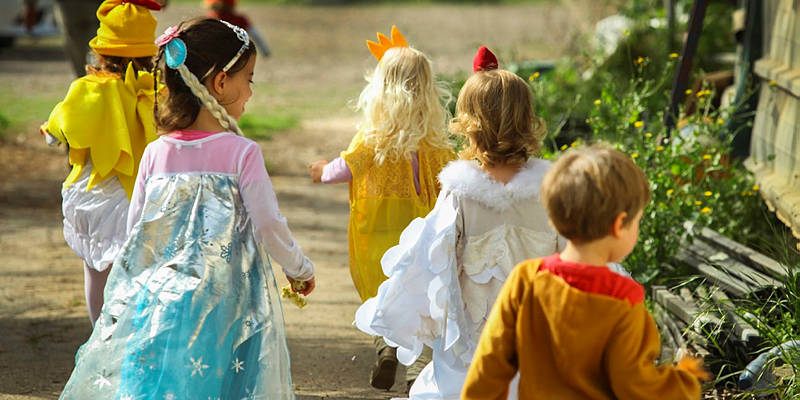Perhaps if we take the message of Mordechai and his legacy seriously, we will never again be threatened with annihilation.
I would like to bring your attention to the last verse in the Book of Esther, which is read twice on Purim. It says “Mordechai the Jew was the deputy to King Achashverosh. He was a great man among the Jews, and beloved to most of his brothers, he worked for the good of his people, and spoke with peace to all his descendants.” [Esther 10:3]
Why is it that Mordechai was only beloved to “most” of his brothers? Why didn’t everyone like him? The commentators give us the very simple answer: jealousy. It is impossible to be liked by everyone.
But there is another question to be asked on this verse: Why does the Book of Esther, which concludes by praising Mordechai, end with the very odd description of him as a person who “spoke with peace to all his descendants.” Why do we need to know that his grandchildren liked going to his house? This seems to be very anti-climactic.
It is explained that Mordechai must have had many children, grandchildren, and even great-grandchildren. Our children do not always turn out as we had planned. This is especially true with grandchildren, who are “twice removed” from us. And great-grandchildren? You get the idea. We truly have no control over how our descendants will turn out. We can try our best, but ultimately, it’s their lives.
In many families, when children do not follow in their parents’ footsteps, there is often severe tension, quarreling and worse. In many cases, they stop speaking to each other. I have seen this first-hand.
The Scripture, however, is telling us that Mordechai was different. He did not care if his children and grandchildren were doctors, lawyers or rabbis. He did not care if they preferred chocolate or vanilla. He did not care if they wore black hats or knitted skullcaps, long coats or short coats. Indeed, ”he spoke with peace to all his descendants.”
All Jews were threatened; all Jews were saved. We are one people, one nation, one family. Mordechai teaches us that we must love everyone equally. No matter how our children and grandchildren turn out, we must love them unconditionally and treat them all the same.
This is the ultimate message of Mordechai and his legacy. Maybe if we followed it, no enemy will ever again be able to rise up against us.
By: Rabbi Ari Enkin, Rabbinic Director, United with Israel

